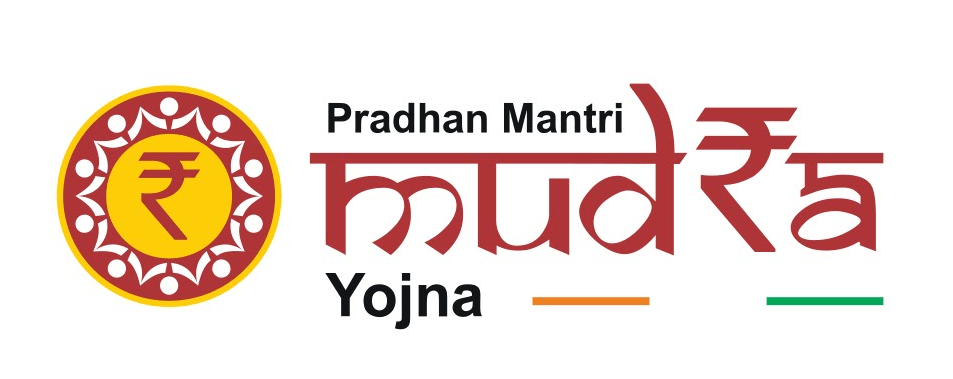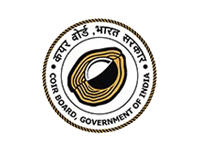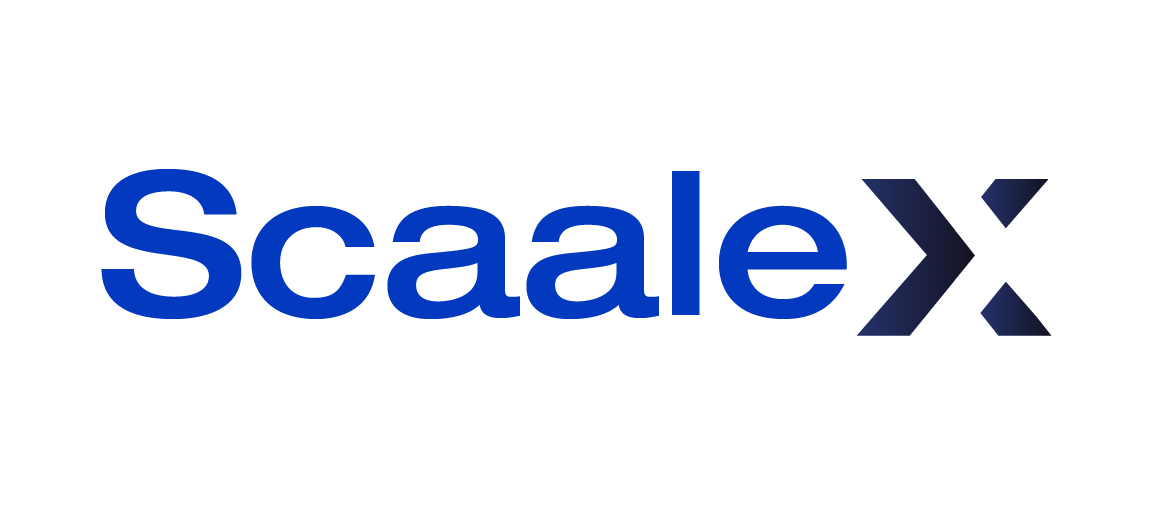Startup Collateral Free Loans
What is Collateral Free Loan?
Collateral free loans (also known as Unsecured loans) are funding where loans are given without submitting any security/guarantee with the banks. These loans are available to applicants on the basis of their income, creditworthiness, and business performance. The interest rate of such loans will be higher when compared to secured loans. Address proof, ID proof, age proof, passport size photo, signature, IT returns, income statement, bank statement, financial statements by CA are some of the documents required for getting such startup loans.
Qualification for Collateral-free loans:
- The applicant should be age between 21 to 66 years.
- Applicant should have a CIBIL score of 750 or more.
- Applicant must be self-employed.
- The business should be operational for at least two years. Some lenders require the business to have minimum 3 years functioning history.
- The business’s annual income should be a minimum of INR 2 lakhs (turnover should not exceed INR 25 crore).
- The applicant should be an Indian citizen with no criminal record or previous defaults from any financial institution.
- The startup should have a feasible business plan, and innovative products should be provided.
- The business should get approval from the Department of Industrial Policy and Promotion(DIPD).
Documents Required To Avail Collateral Free Loans
- PAN Card
- Identity proof
- Address proof
- Bank statements
- Business registration proof
Types of Collateral Free Loans For Startups
1. Unsecured Term Loans:
These are long-term loans available for a specific time duration (generally 1-10 years). Also they are repaid in the form of EMIs. Indeed these loans are mainly for business expansion or growth, new product launch, purchase of machinery and equipment, construction of buildings, offices.
2. Unsecured Working capital loans:
As the term suggests, there is no need to pledge assets as security. Working capital loans are available for a short period for meeting day today business expenses such as inventory financing, rent payment, salary to employees. The loan is repaid within one year of acquiring it.
3. Unsecured Line of Credit:
It is also known as a revolving line of credit. Banking and non-banking institutions offer only a predetermined amount of funds or funds up to a limit at higher interest rates (since lending funds without collateral security are riskier for the lender). However, as a startup, they may require quick and recurring funding, so business lines of credit can be the best startup loan without a collateral requirement. One major advantage is that startups don’t have to pay interest on the borrowed amount for the first 9-15 months. To get this loan approval, startups need to prove that they have good personal and business credit scores and revenue history.
4. Business Credit Cards:
Business credit cards are one of the cost-effective funding tools for startups. It provides short-term cash flow with credit limits. It also helps earn rewards like cash back, preferred pricing, airline miles, and more like a personal credit card. Further, it helps to manage business finances through record-keeping. And all you need is a good CIBIL score to access these cards. Some of the best available unsecured business credit cards include Capital One Spark Classic, Capital One Spark Miles, The Blue Business Plus, and Chase Ink Business Cash.
5. Merchant cash advances:
Merchant cash advances are also known as Cash Advance Loans. Indeed it provides a lump sum of funds for your business growth in exchange for daily credit card/debit card sales. It is the most expensive unsecure startup loan in the market because it accepts businesses having poor or limited credit scores.
6. Equipment financing:
If you require expensive equipment for your startup, equipment financing will be a better option. Here the equipment bought at the time of starting the business acts as a security for the loan. Once the startup earns revenue, the customer can repay the amount either through lump sum or monthly installments. In case of non-payment, lender can seize the equipment to recover his losses. Thus, Equipment financing helps you to set up and finance machinery/equipment purchases.
Unsecured Loans Under Government Schemes
1. Credit Guarantee Scheme (CGTMSE):

Credit Guarantee Fund Trust For Micro and Small Enterprises headed this scheme. The government initiated this scheme to facilitate the flow of credit to MSEs engaged in manufacturing or service activities. Startup enterprises finds major benefits under this scheme. Also it allows startups to take loans at a reasonable rate of interest. But the maximum limit of a loan is 1 crore, and the loan amount depends on the eligibility and viability of the business. The lending institutions include Commercial banks, Private and Public banks, Foreign banks, Regional Rural Banks, SBI, and its associated banks under NABARD.
2. Pradhan Mantri Mudra Yojana(PMMY):

This scheme was launched in 2015, and it is headed by MUDRA. MUDRA stands for Micro Units Development and Refinance Agency. It grants funds to micro units and non-cooperative small business sectors. Furthermore the interest rate varies from bank to bank, and there are no minimum loan amount criteria. This scheme is again classified into three categories:
- Shishu scheme: This scheme is primarily for startups providing loans up to 50,000.
- Kishor scheme: The loan offered ranges from 50,000 to 5 lakhs.
- Tarun scheme: The loan offered ranges from 5 lakhs to 10 lakhs.
Both Kishor and Tarun schemes are for different business stages and funding needs.
3. Standup India Scheme:
This scheme provides grants to women entrepreneurs and people under the category of SC/ST. The loan amount ranges from 10 lakh to 1 crore. Also it should be repaid within seven years.
4. Bank Credit Facilitation Scheme:
This scheme was headed by the National Small Industries Corporation(NSLC) to provide credit requirements of MSMEs units. Moreover the loan repayment tenure depends on the startup’s income, ranging from 5-7 years, and in some cases, it can extend up to 11 years.
5. Coir Udyami Yojna:

This scheme is by the Coir Board that aims to support coir units. It provides loans to project-based businesses with a flexible interest rate having a maximum period of 7 years. However, startups that have already assisted Government subsidy under any Indian or State Government scheme cannot benefit from this scheme.
Startups have a tougher time in obtaining funding. They seek unsecured loans from banks, financial institutions, and Government as funding sources because they may have no or little assets to be pledged at the beginning stage. Are you a startup? Let us know about your funding sources. If you haven’t already, get started with Scaalex to take advantage of getting the best investors for funding.
6. Market Development Assistance Loan Scheme
This scheme is launched to promote MSMEs for international exposure in trade fairs, exhibitions, etc. The scheme offers funding for –
- SMEs participation in international trade fairs and exhibitions of manufacturing industries.
- 75% reimbursement of the registration fee.
- SMEs given 75% reimbursement of the annual fee paid to the GSI for the first three years.
- Participating for anti-dumping cases.
Features and Benefits of Collateral Free Loans
- No collateral needed – No longer mandatory to pledge any asset as a security to avail credit facilities.
- Flexible repayment tenure up to five years.
- Minimal documentation required to avail online.
- Quick and hassle free processing of applications, mainly due to a special cell taking charge of requests.
- Loan is available to both existing and new MSEs.
- No track record requirement.
- Collateral-free business loans offers at competitive and flexible interest rates compared to other premium loan services.
- Letter of Credit/bill discounting is available up to 180 days.
Major banks offering collateral free loans
Collateral free loans offered by major banks in India including but not limited to:
- Axis Bank
- State Bank of India
- HDFC Bank’
- UCO Bank
- Bank of Baroda
- State Bank of Hyderabad
- Fullerton India’
Increase Your Chances of Loan Approval
These are few things you can do to increase your chances of loan approval:
- Strengthen your credit history
- Make a solid business plan.
- Choose an reputable lender
- Discuss with your lender on how you are planning to use the funds
Conclusion
Collateral free business loan loans for startups offer a valuable lifeline for entrepreneurs looking to turn their innovative ideas into thriving businesses. These financial resources empower startups to fuel their growth without the burden of pledging assets.
While securing such loans can be competitive, with the right preparation, a solid business plan, and a compelling pitch, startups can tap into these opportunities to transform their vision into reality. As the landscape of business financing evolves, these accessible funding options stand as a testament to the support available for the next generation of innovators and game-changers.
Read related topics: Viability Gap Funding Explained , Top Investment banks in India
FAQ – Collateral Free Business Loans
1.) Who is eligible for the collateral-free CGTMSE loans?
Micro and Small Enterprise (manufacturing/ services) as defined under MSMED Act, 2006 and by RBI is eligible for this loan. Education and Retail sector are excluded.
2.) What is the maximum loan amount that can be sanctioned under CGTMSE loan?
A maximum amount of Rs 1 crore will be sanctioned under CGTMSE scheme.
3.) What is the tenure of these loans?
These loans provide flexible repayment tenures up to 5 years.

